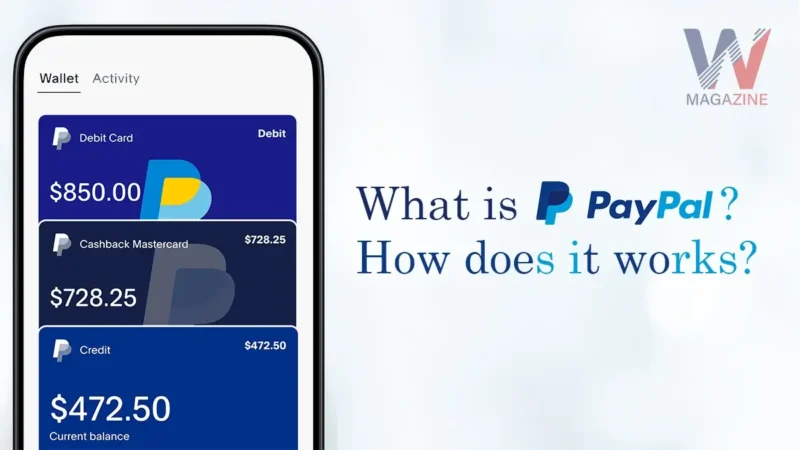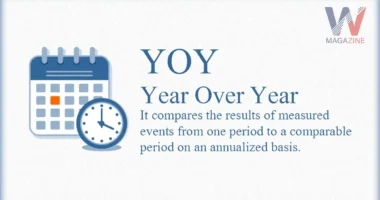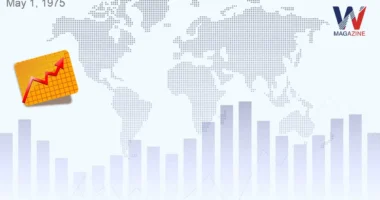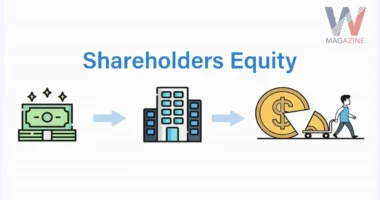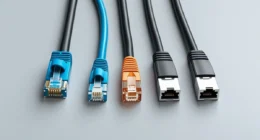Table of Contents
What is PayPal?
PayPal is a platform that helps you send and receive money online or in stores. You can use it on the website or through the app on your phone. To begin, you create an account and link it to your checking account, credit card or both.
After setting up your account and verifying your payment method, you can start sending and receiving money. PayPal acts as a secure middleman for transactions. Many online and offline stores, both big and small, accept PayPal payments.
PayPal also offers credit and debit cards with the PayPal name on them, providing you with more ways to use your account.
Key Takeaways
Here are the main points about PayPal:
- PayPal is a platform for online payments that allows individuals and businesses to send and receive money.
- Originally part of eBay, PayPal became its own company in 2015.
- In addition to online payments, PayPal offers a debit card for purchases, credit card readers for businesses and lines of credit.
- PayPal is known for its secure methods for sending money online.
How Does the PayPal Work?
Here’s how PayPal works:
- PayPal offers payment services for consumers and merchants. Merchants can use a PayPal card reader in stores or add PayPal as a payment option online.
- Consumers can pay invoices and send money easily. They can send cash to any email address or phone number, even if the recipient doesn’t have a PayPal account. If the recipient doesn’t have an account, they’ll be asked to create one after receiving the money.
- To sign up, users need an email address and must link a credit card, debit card, or bank account. Their mobile number will also be verified to ensure the account is set up by the rightful owner before use.
- Shoppers can select PayPal as a payment option when shopping online where accepted. Transactions are typically completed quickly. However, for new sellers or specific transactions, funds may be held for up to 21 days.
- PayPal provides various solutions for businesses, including payment portals for online and in-person transactions, business management services, and credit and financing options. Business owners need an email address to create a PayPal business account.
- PayPal aims to make online purchases safer by offering a secure payment method that doesn’t require users to share their credit card or bank account numbers with the website or store.
- PayPal primarily earns revenue from fees charged to merchants, not consumers. There are no fees for using PayPal to pay for a transaction in your home currency or for sending cash to a friend or relative in your home currency. However, fees apply to other transactions, such as currency conversions and certain seller transactions.
- PayPal-branded credit and debit cards are free to use but may incur fees for certain transactions, similar to other cards. Interest may also apply to credit card transactions. Other fees apply to less common transactions, like buying and selling cryptocurrencies or receiving charitable donations.
PayPal versus its competitors
PayPal and Stripe are two major players in the online payment market, with PayPal holding a 39.06% market share and Stripe close behind at 36.82%. Other competitors like Authorize.net and Square Point of Sale have smaller market shares of 5.27% and 4.06% respectively as of March 2024.
While market share is a significant metric, it doesn’t necessarily indicate superiority. However, it does show that PayPal and Stripe are widely used by merchants.
About Stripe
Stripe, headquartered in San Francisco and Dublin, Ireland, is a global payments platform. Stripe Connect, one of its newer offerings, is designed for small online businesses seeking global expansion. It allows businesses to accept payments in 135 currencies from various credit cards, with Stripe acting as the intermediary.
A comparison by Forbes suggests that while PayPal and Stripe offer similar services and fees, PayPal might be more user-friendly for small merchants, while Stripe provides more customization options.
Special Considerations
While PayPal isn’t a bank, it must still adhere to many consumer protection regulations similar to those governing banks. For example, your liability for an unauthorized transaction depends on how promptly you report the unauthorized activity to PayPal. Reporting concerns to PayPal promptly can help reduce your liability. It’s recommended that PayPal users regularly monitor their accounts for any unusual activity.
PayPal History
PayPal has its roots in the late 1990s when it was created as a payment system for Palm Pilot users by a software company called Confinity. After merging with X.com, an online banking company, in 2000, the company rebranded as PayPal.
The platform became popular as the preferred payment method for eBay transactions, leading eBay to acquire PayPal in 2002 and make it the site’s official payment service. This move helped PayPal significantly expand its user base.
In 2015, PayPal became an independent company through a spin-off and started trading on the Nasdaq under the ticker symbol PYPL.
Over the years, PayPal has grown through acquisitions, purchasing companies that specialize in various aspects of financial transactions, digital money transfers, and payments. One notable acquisition was BrainTree, the owner of Venmo, a rival service, in 2013.
Today, PayPal’s portfolio includes brands such as Xoom, Zettle, Hyperwallet, Honey, Chargehound, Paidy, and Simility, each adding to its wide range of financial services and features.
FYI: PayPal charges no fees for ordinary payments but does charge a fee for “instant” transfers.
Frequently Asked Question
Here are some FAQs about PayPal:
Is PayPal a Good Choice for a Small Business?
PayPal is a major player in the small business payment space, offering easy-to-use services and a range of features to help run a small business. However, its merchant fees can be relatively high compared to some credit card payment services.
Is PayPal a Good Choice for a Consumer?
For online shopping in the U.S., PayPal is often a convenient option at checkout, especially if your card or bank account is already linked to your PayPal account. It can also provide an added layer of security since you don’t have to share your payment information with the seller. PayPal also offers buyer protection in case you don’t receive what you ordered. In the real world, there are many payment apps to choose from, so it’s best to compare and choose the one that suits you best.
Is PayPal Safe to Use?
PayPal uses end-to-end encryption and offers two-factor authentication for added security. It’s considered a safe option for electronic transactions.
Final Words
PayPal is a significant player in the realm of payment apps, offering a range of services both online and offline.
Basic features like using your checking account for payments and transferring money are free for users. However, fees are charged for other services such as currency conversion and instant transfers, which is common in the industry.
Merchants who use PayPal to accept payments incur transaction fees but gain access to various small business services provided by PayPal.
As the leading online payment service, PayPal is a popular choice for online transactions. Small business owners should compare competitor offerings to find the best payment app for their needs.
